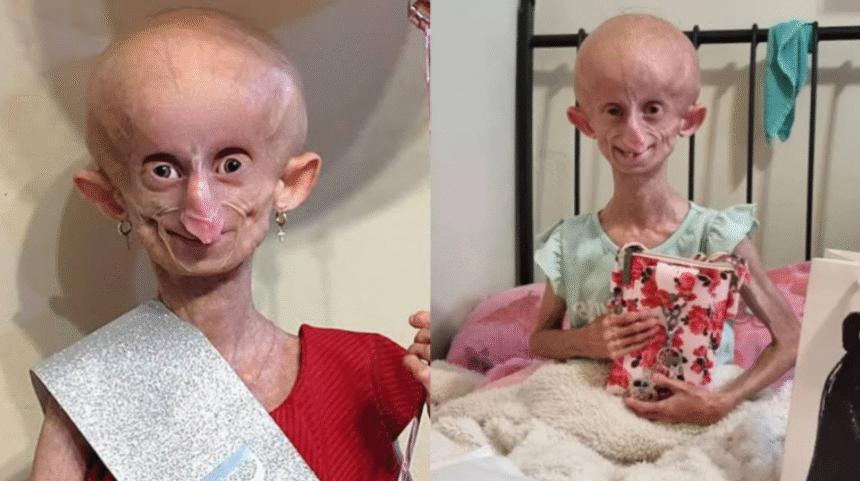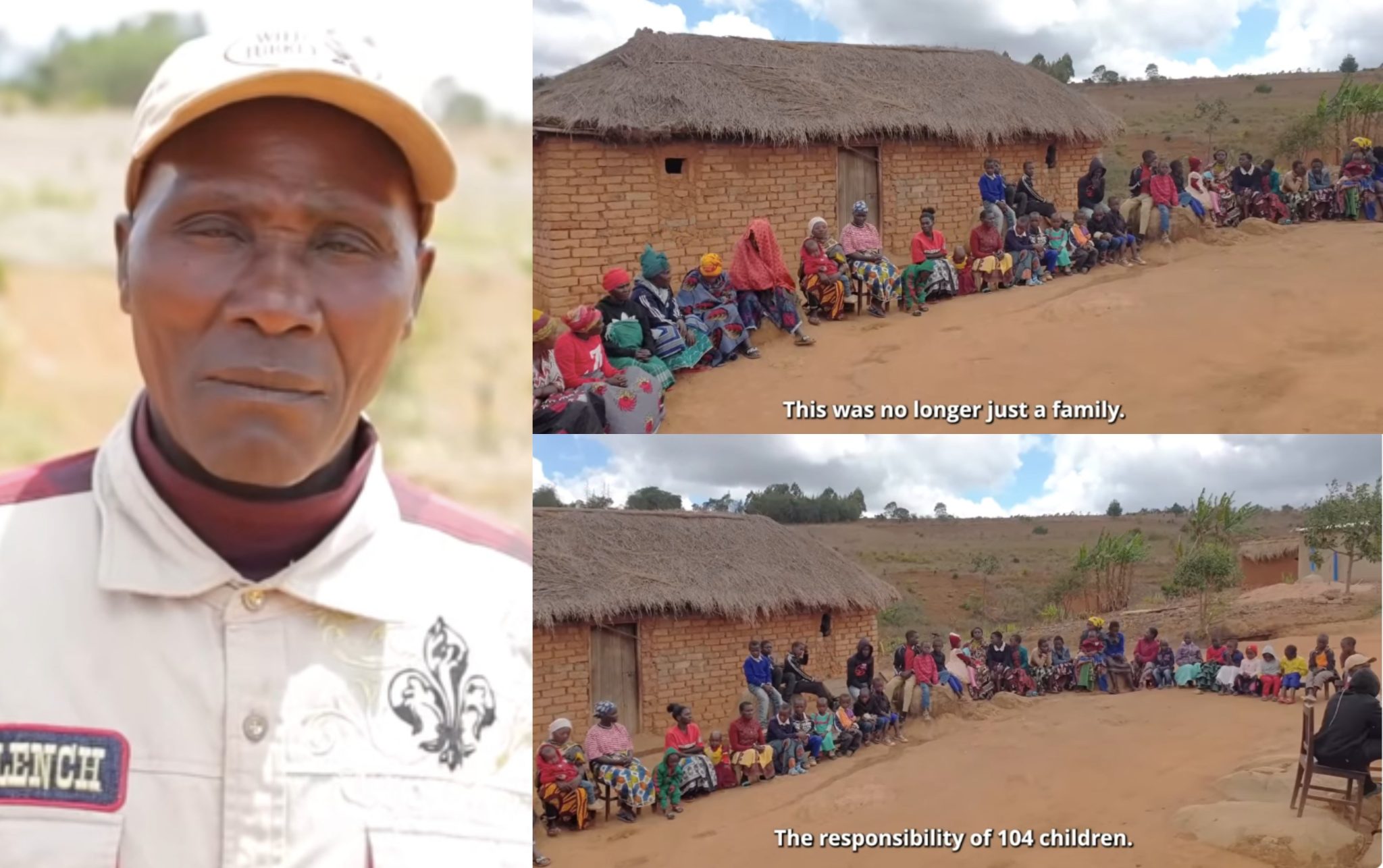On Wednesday, December 19, Beandri Booysen a 19-year-old South African woman who gained notoriety for sharing inspirational posts on TikTok died. 19.
On social media, her family announced the news stating that Booysen contributed to increasing awareness of Progeria also referred to as Hutchinson-Gilford progeria syndrome.
“It is with deep sadness that we announce the passing of Beandri Booysen, one of South Africa’s most beloved and inspiring young women,” her loved ones wrote on Facebook.
“Beandri was not only known for her vibrant personality and infectious laugh but also as the last surviving individual in South Africa living with Progeria — a rare genetic condition that causes children to age prematurely.”
Booysen’s family said she” radiated hope and joy” in the face of her health challenges and used “her unique spirit to inspire thousands of people worldwide.”
They also requested privacy during “this profoundly difficult time” but said details about a memorial service will be shared “in due course.”
TikTok was flooded with tributes as word of her passing spread.
Children who have progeria age quickly with symptoms starting in their first two years of life according to The Mayo Clinic.
“Children with progeria generally appear healthy at birth. During the first year, symptoms such as slowed growth, loss of fat tissue and hair loss begin to appear,” The Mayo Clinic noted on its website.

“Heart problems or strokes are the eventual cause of death in most children with progeria. The average life expectancy for a child with progeria is about 15 years. Some with the condition may d!e younger and others may live longer, even to about 20 years.”
The Mayo Clinic added that while there isn’t a cure, “new treatments and research show some promise for managing symptoms and complications.”













